In our interconnected world, where communication takes various forms, the age-old practice of prank calling has retained its allure. Yet, amidst the laughter and amusement, a pertinent question arises: “Is prank calling illegal?”
Making prank calls can be unlawful in specific scenarios. Although regulations vary by state, many states disallow engaging in prank calls intending to annoy, harass, or make threats.
This comprehensive exploration aims to unravel the legal intricacies surrounding prank calls, shedding light on the diverse state regulations and the potential consequences of crossing legal boundaries.
Understanding the Legal Landscape of Prank Calling – A Prank Gone Wrong!
A prank call involves making a call with the primary purpose of playing a joke on the recipient. However, the legal implications hinge on the intent behind the prank. The legal repercussions will likely be minimal if the intention is harmless amusement.
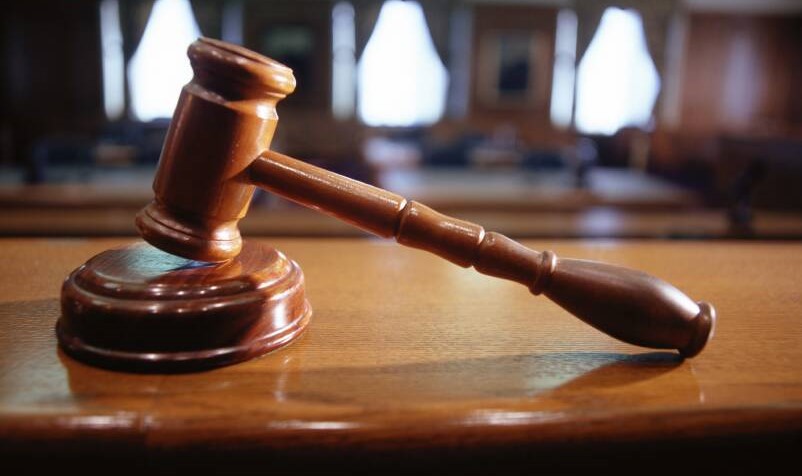
Nevertheless, when a prank call takes a darker turn, involving threats or intentional harassment, the legal consequences become more substantial. Navigating the legal landscape reveals that the intent behind the prank is a pivotal factor.
Prank calls designed to cause annoyance, harassment, or threats are universally frowned upon and often subject to legal scrutiny. Each jurisdiction, however, shapes its own set of rules, leading to considerable variability in the legal treatment of prank calls.
The legality of prank calling is a multifaceted issue influenced by various factors, with intent being crucial. Understanding the laws in your jurisdiction, respecting the boundaries of others, and exercising caution can help navigate the fine line between a harmless prank and potential legal repercussions.
So, before dialing that number for your next prank call, think twice about the potential consequences that may follow, and ensure that your intentions align with legal and ethical standards.
Read: Violet Lyrics – A Complete Guide Book!
State-by-State Variations – A Patchwork of Regulations!
One of the striking aspects of prank call legality is the significant variance in laws from state to state. What might be considered a harmless jest in one jurisdiction could be construed as a criminal act in another.

To navigate this legal patchwork effectively, individuals engaging in prank calls must know the regulations governing their location. For instance, making prank calls intending to annoy or harass is prohibited in many states.
The severity of the consequences can escalate if the prank involves threats, potentially leading to charges such as harassment, disturbing the peace, or even criminal threats, depending on the circumstances and jurisdiction.
Understanding the specific laws in your state is imperative to avoid unintended legal complications. What might seem like a lighthearted prank in one area could lead to serious consequences in another, emphasizing the importance of respecting regional legal boundaries.
Read: Instanavigator – Elevate your online experience!
Potential Criminal Charges – The Serious Side of Pranks!
While the intent behind prank calls may be rooted in humor, it is crucial to recognize the potential for serious legal ramifications. Engaging in prank-calling activities with malicious intent can lead to criminal charges, depending on the severity of the prank and the laws in the jurisdiction.
Common criminal charges associated with prank calls include harassment, disturbing the peace, and making threats. These charges highlight the thin line between harmless fun and criminal behavior.
It is essential to understand that what may appear as a harmless joke to one person can be perceived as a serious offense by others or the legal system.
Read: Bloxbounty.org Free Robux – Your Ultimate Guide to Roblox Rewards!
The Thin Line Between Fun and Offense – A Call for Caution!
Prank calling is an art form that walks a fine line between harmless entertainment and potential harm. While many engage in it with good intentions, the impact can vary widely depending on the individual receiving the call. What might be amusing to one person could be distressing or alarming to another, emphasizing the subjective nature of humor.
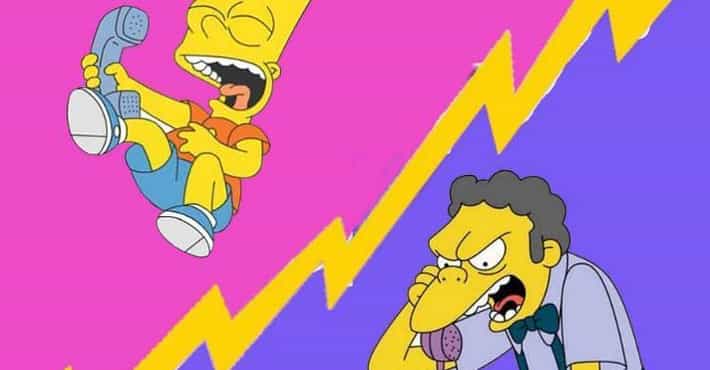
This distinction is vital in understanding the legal implications of prank calls. Being cognizant of the potential impact on the recipient and exercising caution when crafting and executing pranks can help ensure that the line between fun and offense remains clear.
FAQs:
1. Can I be charged with a crime for prank-calling?
Engaging in prank calls that cross the line into harassment, threats, or intentional annoyance can lead to criminal charges. It’s important to be aware of the laws in your jurisdiction to avoid legal consequences.
2. Are there age restrictions for prank calling?
While age is not explicitly a determining factor in prank-calling legality, individuals, regardless of age, can face legal consequences if their prank calls involve criminal behavior. The severity of the offense often dictates the legal response, and being mindful of the potential consequences is crucial for individuals of all ages.
3. Is prank calling treated differently if it’s done for entertainment purposes?
Intent plays a significant role in how prank calling is treated legally. If the intent is to entertain without causing harm, the likelihood of legal consequences decreases.
4. How can I ensure my prank calls remain within legal boundaries?
Respecting the boundaries of others and avoiding harassment or threats is key to ensuring your prank calls stay within legal limits. Understanding the laws in your jurisdiction is crucial to avoiding unintentional legal complications.
Conclusion:
Engaging in prank calls may be deemed illegal under specific circumstances. While the laws differ across states, numerous jurisdictions prohibit participating in prank calls to cause annoyance, harassment, or threats.
Read Also:
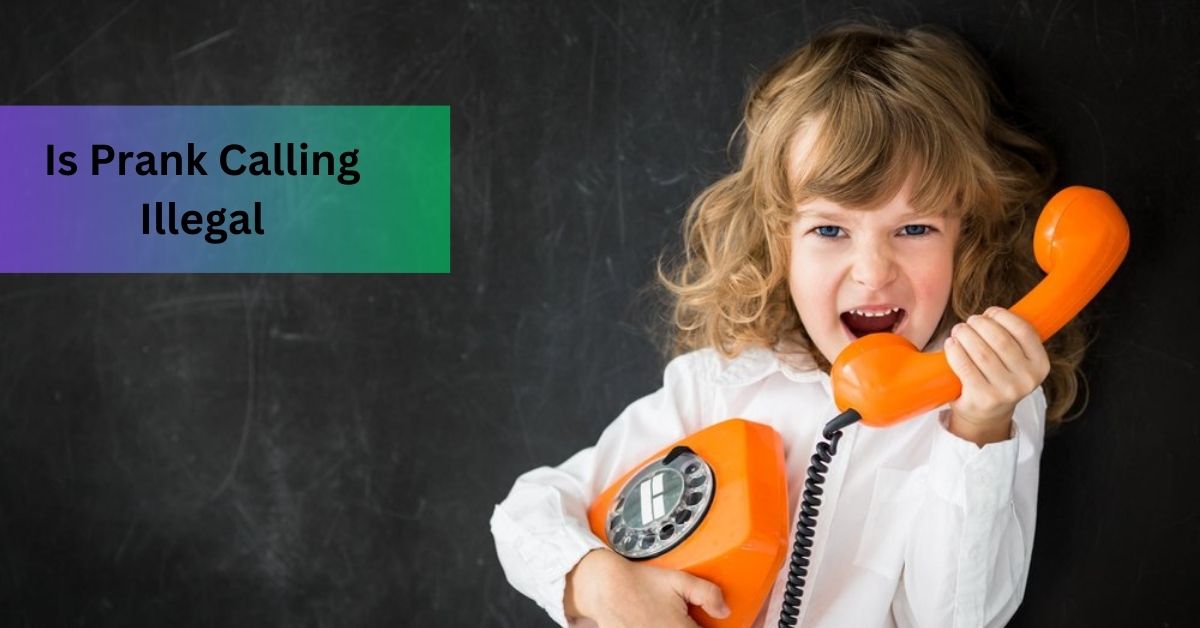
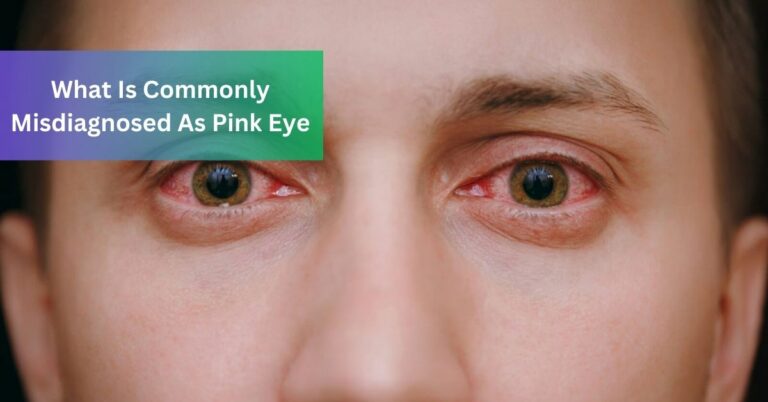











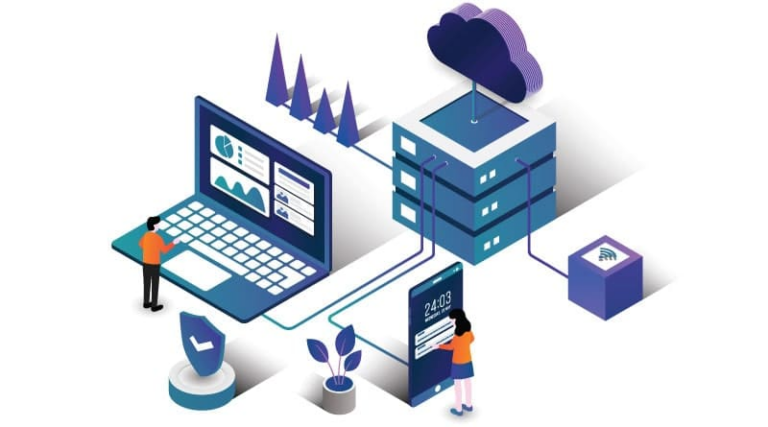
+ There are no comments
Add yours